After Samarkand: Europe’s Long Road to Central Asia’s Treasures
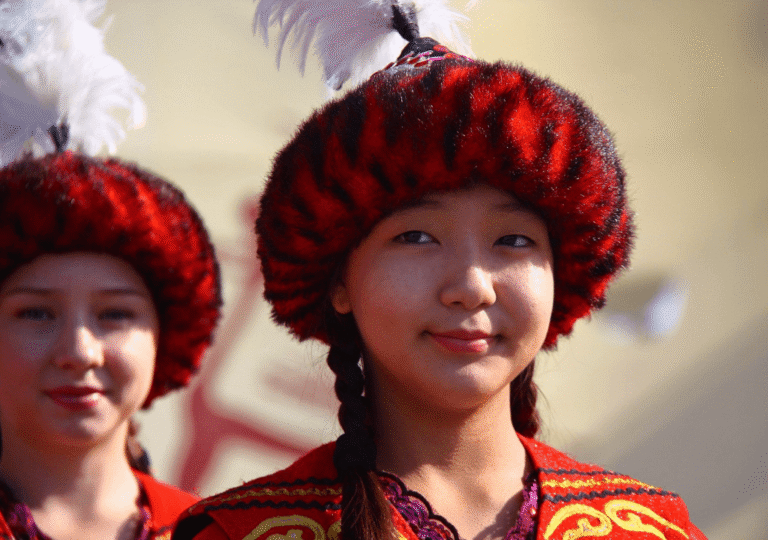
After the Samarkand summit, the EU eyes Central Asia’s minerals and energy, but will infrastructure, politics, and Russia’s dominance block Europe’s ambitions?

After the Samarkand summit, the EU eyes Central Asia’s minerals and energy, but will infrastructure, politics, and Russia’s dominance block Europe’s ambitions?
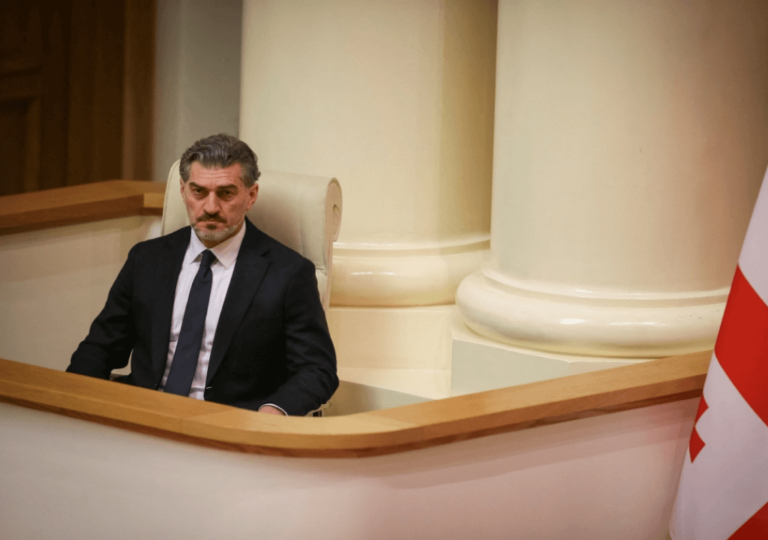
Georgia faces a political crisis as protests erupt against a pro-Russian government and its newly elected president
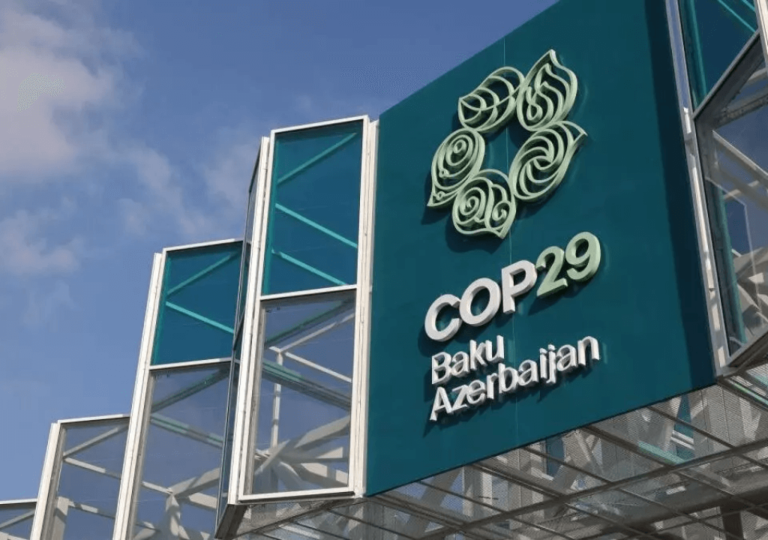
COP29 in Azerbaijan faced criticism for its focus on oil and lack of significant climate action
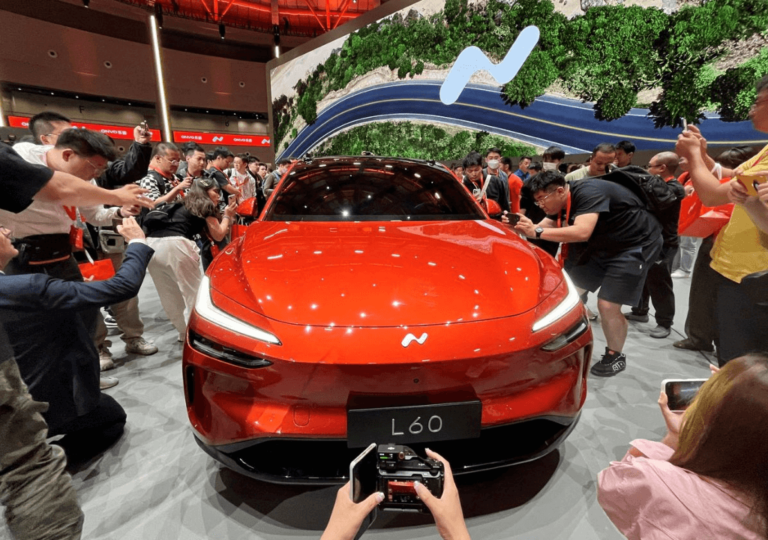
Europe takes action to shield its market from cheap Chinese products, prompting retaliatory investigations from China into European imports
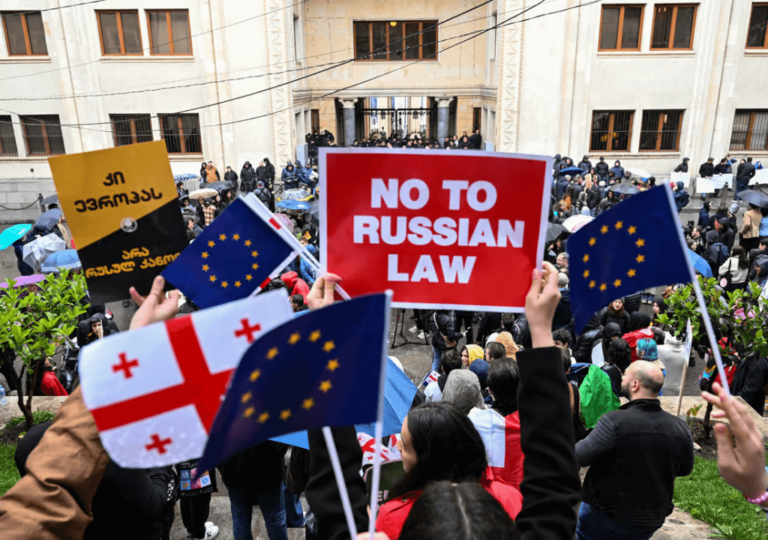
Georgia is accused of circumventing Western sanctions on Russia, jeopardizing its European aspirations despite protests against Russia
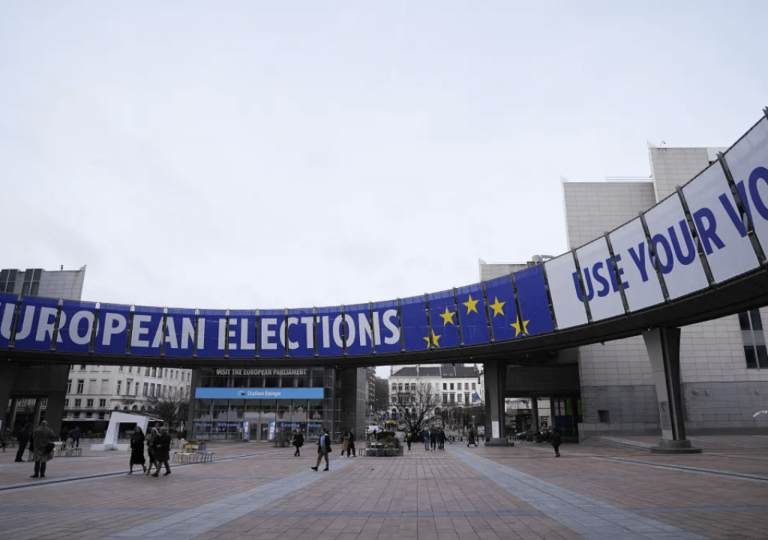
European Parliament elections underway, with 373 million voters choosing 720 members. Hard-right parties expected to gain ground, impacting EU policies on climate change, immigration, and trade.
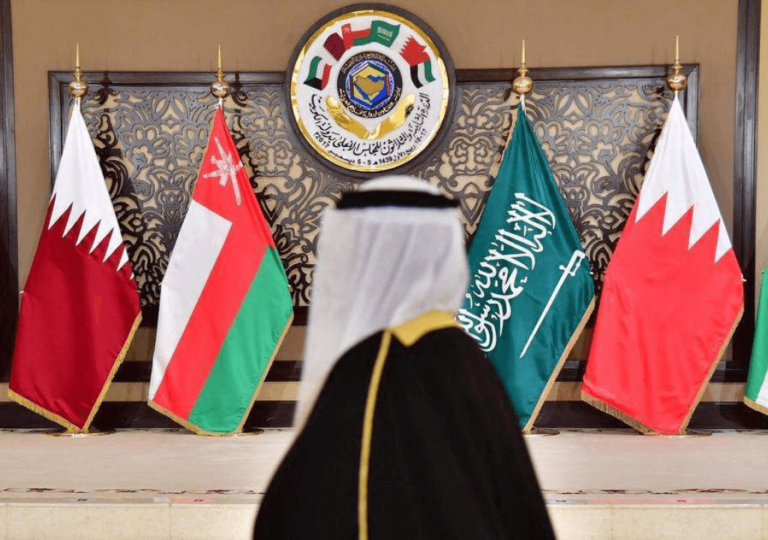
Amid trade wars, the EU's single market models economic cooperation, inspiring others like the Gulf Cooperation Council to form unified markets and compete globally.
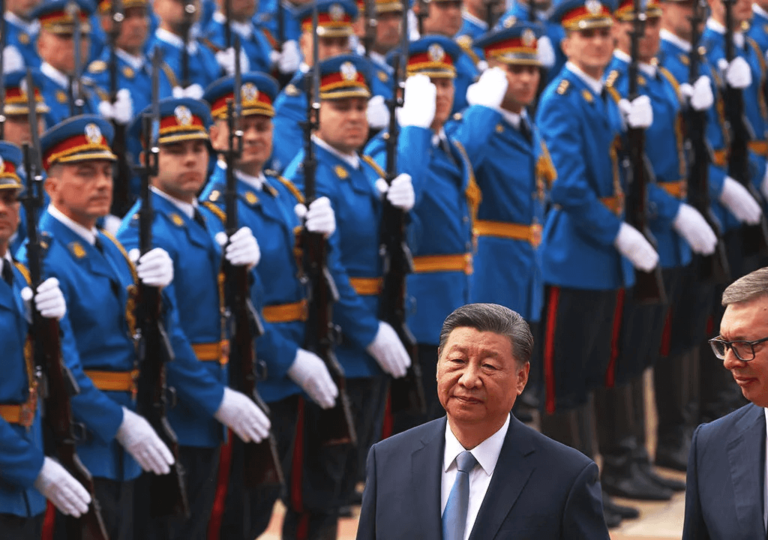
Hungary, a Trojan horse to Europe, maintains warm ties with Russia and China, signing deals to strengthen economic collaboration, raising concerns in the EU.
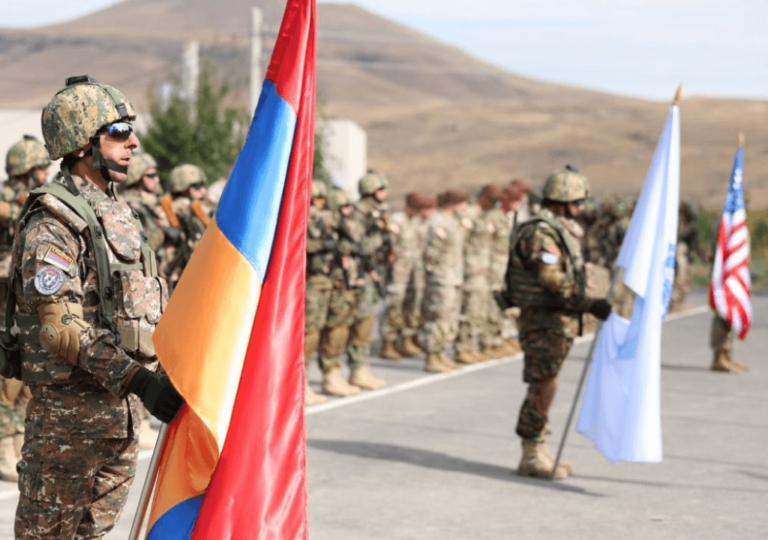
Armenia's loss in the Nagorno-Karabakh conflict led to a shift in alliances towards the West, with the US and EU offering significant aid. This move, while not aimed at severing ties with Russia, signals a potential strain in Armenia's relationship with its historical ally.
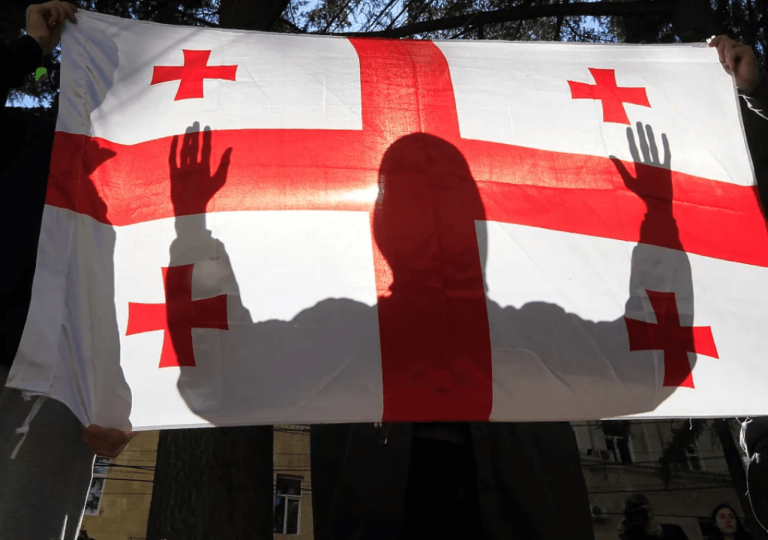
Georgian Parliament Passes Controversial Foreign Agents Bill; Protests Erupt: Georgia's parliament passes a bill requiring foreign-funded media and NGOs to register as "foreign agents," sparking protests and EU criticism. The bill contradicts democratic reforms needed for EU membership.